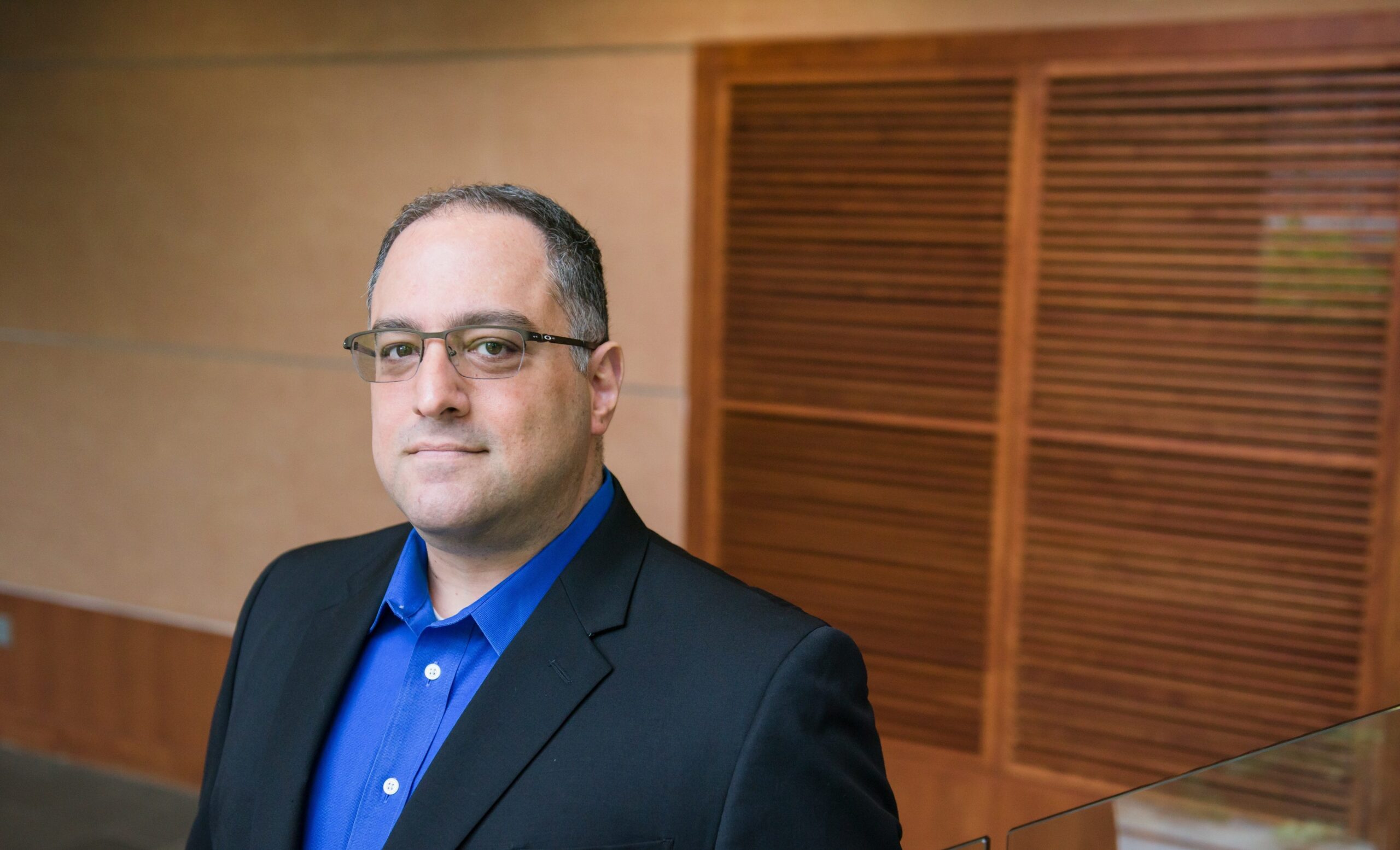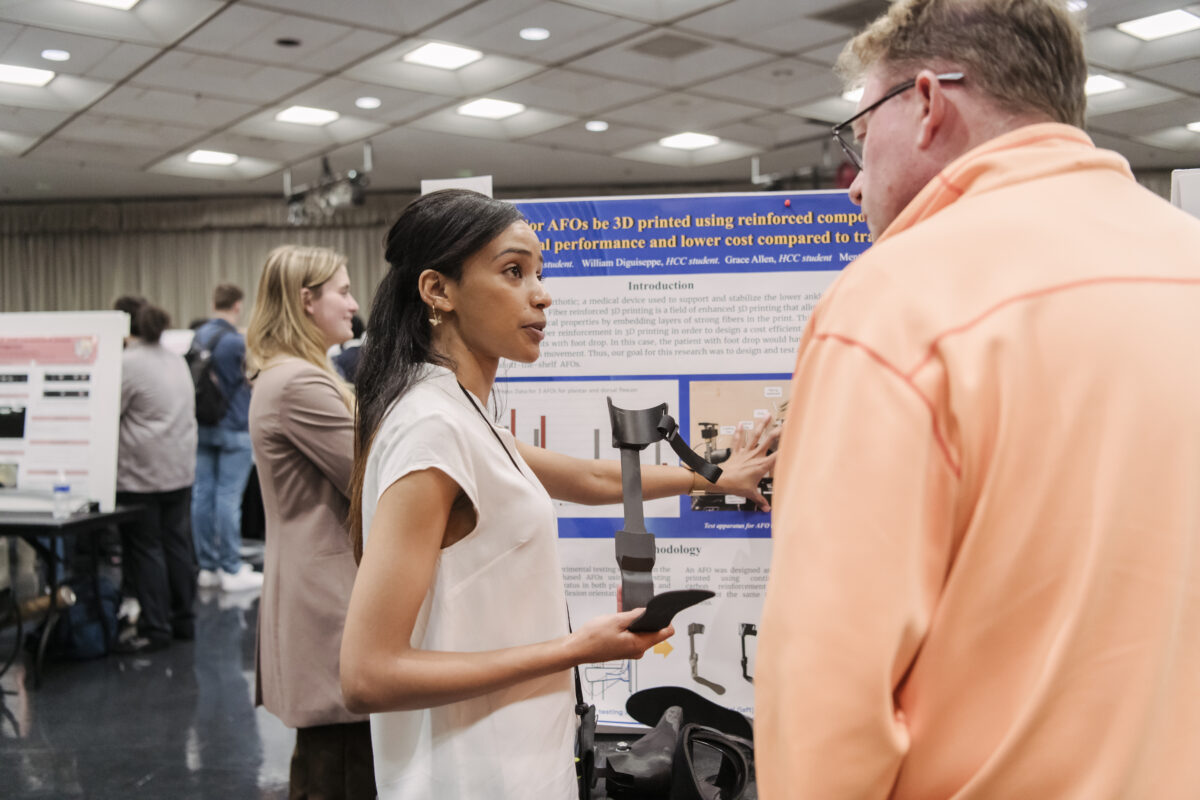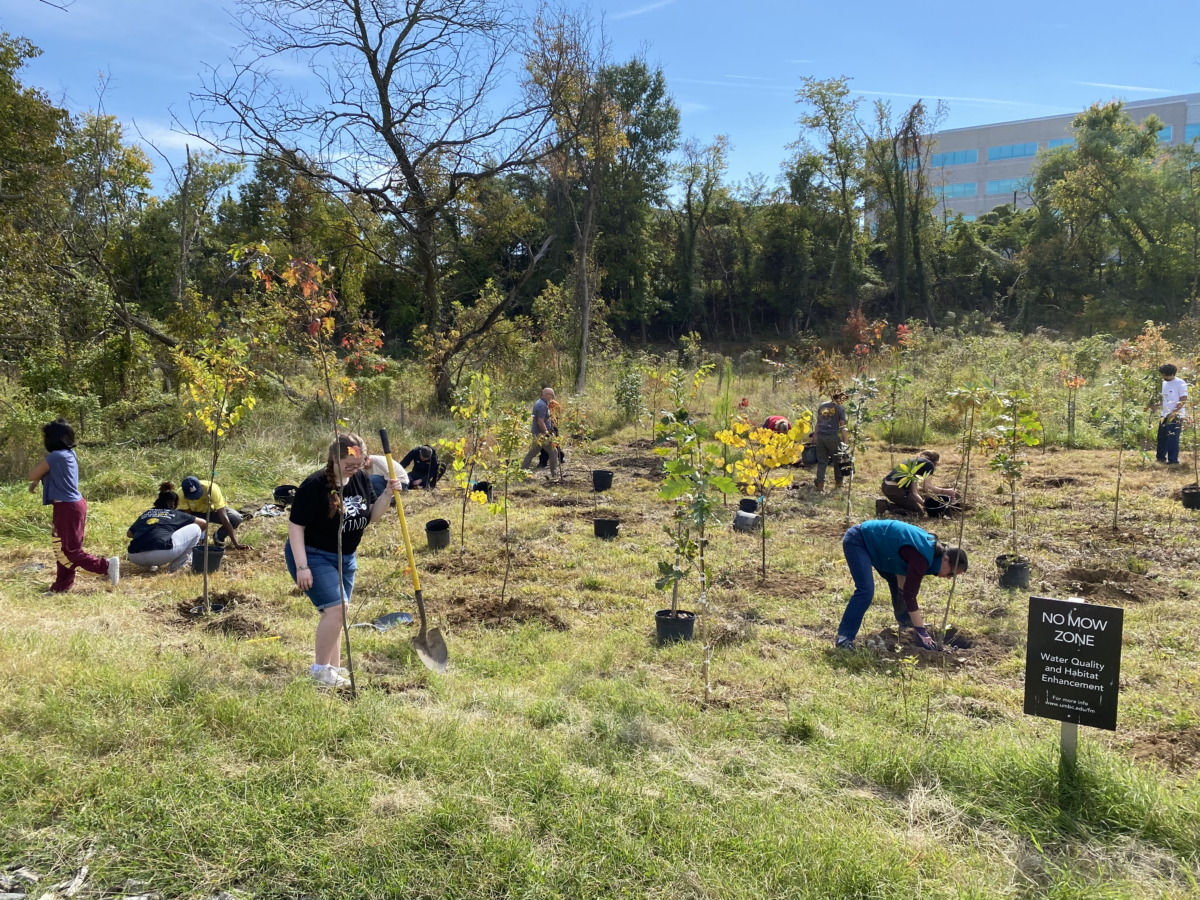In the past year, dozens of companies have faced cyber attacks and hacks, with the most recently announced attack affecting half a billion Yahoo accounts.
Rick Forno, assistant director of the UMBC Center for Cybersecurity and director of the Cybersecurity Graduate Program at UMBC, joined Nicole Perlroth, technology reporter for The New York Times, on WHYY to discuss this recent breach with Mary Cummings-Jordan, host of Radio Talk.
Although the Yahoo cyber attack happened two years ago, users are just learning about this breach now. These hacks can expose important identifying information.. Despite the level of sensitive information personal accounts can include, they often do not have the same types of security that employers typically ensure for work email accounts.
“The email address disclosures is bad enough, but if you have little bits of information like zip codes and birthdates, you can use these little tidbits to try to reset an account password and try to get in that way,” Forno explains. He adds that once a hacker enters an account they can access substantially more personal details and potentially hack into the user’s accounts on other sites.
Hacks of this nature should encourage people to use good cybersecurity practices, Forno suggests. “This that we’ve been preaching…[that] basic practices are just as valuable today as they were 20 years ago,” he says.”
To protect their email accounts, people should be vigilant when it comes account activity, change passwords regularly, and not share passwords between websites. Both Forno and Perlroth agree that enabling dual authentication, if available, is another way to protect accounts from being hacked. Writing out passwords and keeping them somewhere at home is one way to have different passwords for each account and not have to store them electronically, reducing the risk that a hacker may obtain the login information, says Forno.
Even with these preventative actions in place, cyber hacks will continue to be issues, he says. “The minute you learn of a problem, you’re already behind the curve in responding to it.”
Listen to the full interview “Cybersecurity and consumer protection online” on WHYY, Philadelphia’s NPR station. Forno also spoke with WOSU, Columbus, Ohio’s NPR station. The full interview “Tech Tuesday: Election Cybersecurity and Futuristic Fiction” is available.
Image: Rick Forno. Photo by Marlayna Demond ’11 for UMBC.
Tags: COEIT, Cybersecurity




